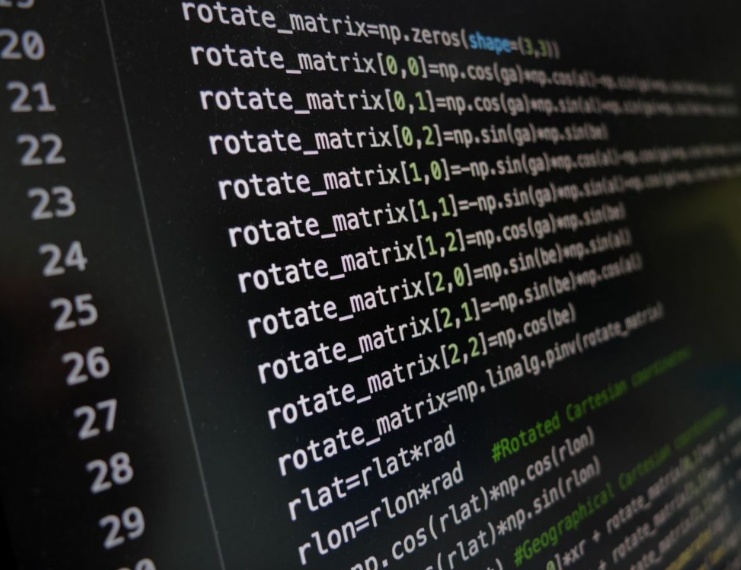Python is a versatile programming language used extensively in web development, data science, automation, and artificial intelligence. To excel in Python, regular practice of Python code is required. However, code writing is insufficient—you need a proper approach to develop your skills efficiently. This article will discuss important strategies to enhance your Python code practice and become a proficient programmer.
Set Clear Goals and Objectives
Before learning how to code, clarify your goals. Are you learning Python for data science, web development, or automation? Knowing your goal directs you in selecting appropriate exercises and projects. Some of the effective ways of setting goals are:
● Setting SMART goals (Specific, Measurable, Achievable, Relevant, and Time-bound).
● Dividing large projects into lesser tasks.
● Monitoring your progress through coding journals or tools such as GitHub.
By establishing guided goals, your practice of Python coding is better directed and effective.
Start with Small, Consistent Practice Sessions
Most newbies err by attempting challenging projects prematurely. Begin with short coding exercises and progress step by step. Good practice techniques include:
● Working through coding challenges on sites like LeetCode, Codewars, or HackerRank.
● Developing small projects, like a to-do list application or a basic calculator.
● Spending at least 30 minutes a day practicing rather than irregularly long periods.
Consistency is most important in creating muscle memory and problem-solving skills.
Engage in Real-World Projects
After gaining a fundamental knowledge of Python, go beyond practice and apply it to real-world projects. Creating actual projects improves your problem-solving skills and prepares you for the industry. Some ideas for projects are:
● Automating routine tasks using Python scripts.
● Building a web application with Flask or Django.
● Building a data visualization dashboard using Matplotlib and Pandas.
Actual projects also assist in the development of a strong portfolio, which can come in handy while seeking employment or freelance work.
Learn from Others' Code
Reading and studying good-quality code can give you some excellent ideas about various programming methodologies. Here's what you can do to learn from others:
● Look at open-source projects on GitHub and contribute to them.
● Join coding communities such as Stack Overflow and Reddit.
● Check coding solutions on competitive programming websites.
Learning various methods will make your coding more precise and familiarize you with new libraries and best practices.
Participate in Coding Challenges and Competitions
Coding contests are a great means of testing and enhancing your skills within time limits. Sites like Google's Kick Start, Codeforces, and AtCoder frequently challenge your problem-solving skills. Advantages of taking part include:
● Exposure to intricate problem-solving situations.
● Enhanced writing speed and code accuracy.
● The chance to share with other developers and learn from them.
Pushing yourself in competitive situations hastens your learning process.
Conclusion
To make your Python code practice better involves a mix of goal setting, regular exercises, practical applications, and ongoing learning. Adopting the strategies outlined in this article allows you to improve your Python skills and achieve mastery. As a beginner or an expert developer, well-structured and efficient Python code practice will make you write neater, faster, and optimized code.





Comments